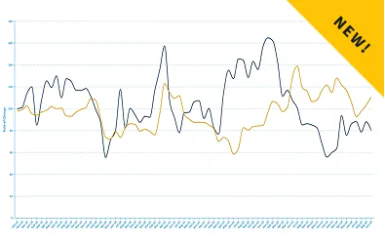Harvard Business Review: Data-Driven Case For Vacation
Originally published on July 13, 2016.
Over the past three years, we have partnered with the U.S. Travel Association to more clearly understand the relationship between well-being and taking time off from work. Our hypothesis has been that without recovery periods, our ability to continue performing at high levels diminishes significantly. This is in direct conflict with the common misconception that the longer you persevere at work, the more successful you will become.
Our previous HBR articles outlined our research into what kind of vacations create a positive effect, debunking the idea that people who don’t take their vacation time get ahead. But a new research study, released this month by the U.S. Travel Association and Project: Time Off, presents a high-definition picture of how overwork affects our success rates and well-being.
In the study, 5,641 adult Americans who work more than 35 hours a week and receive paid time off from their employers were asked a series of questions designed to understand their perception of time off and the impacts on various business or health measures. Oxford Economics then used the results, combined with the Bureau of Labor Statistics’s Current Population Survey, to estimate levels of historical vacation activity. (A 24-month moving average was used to eliminate short-term fluctuations in the data.) The finding was that Americans used to take almost three weeks of vacation a year (20.3 days) in 2000, but they took only 16.2 days of vacation in 2015. Over the past 15 years, Americans have lost nearly a week of vacation. How low will that number go?
Check out the full article from the Harvard Business Review here.
Photo credit: Go RVing / The Fit RV
Please Sign in to View
Log in to view member-only content.
If you believe you are receiving this message in error contact us at memberservices@rvia.org.

